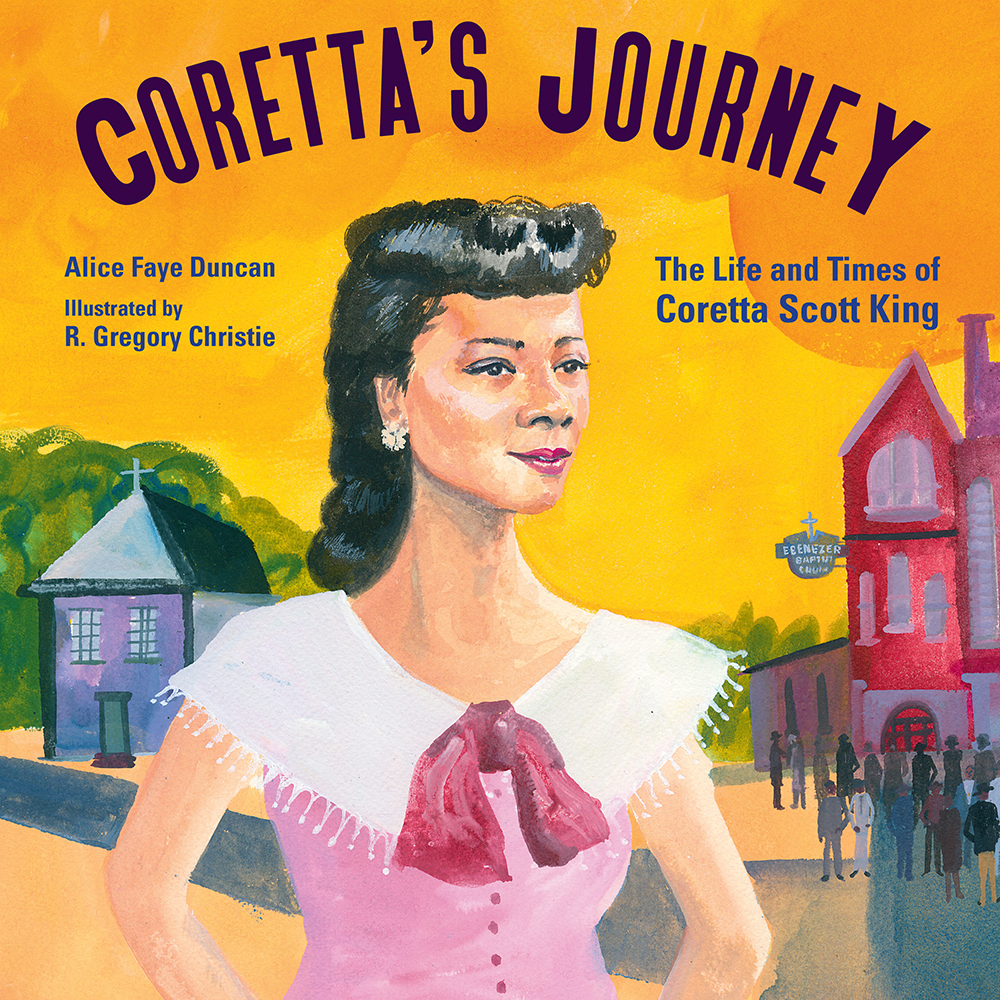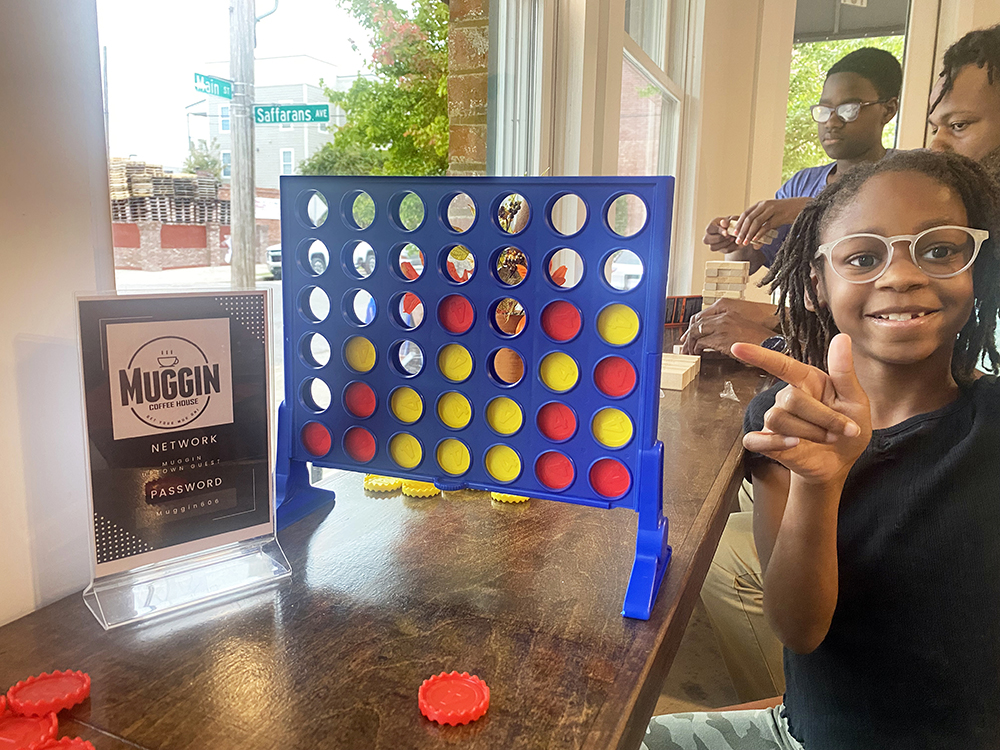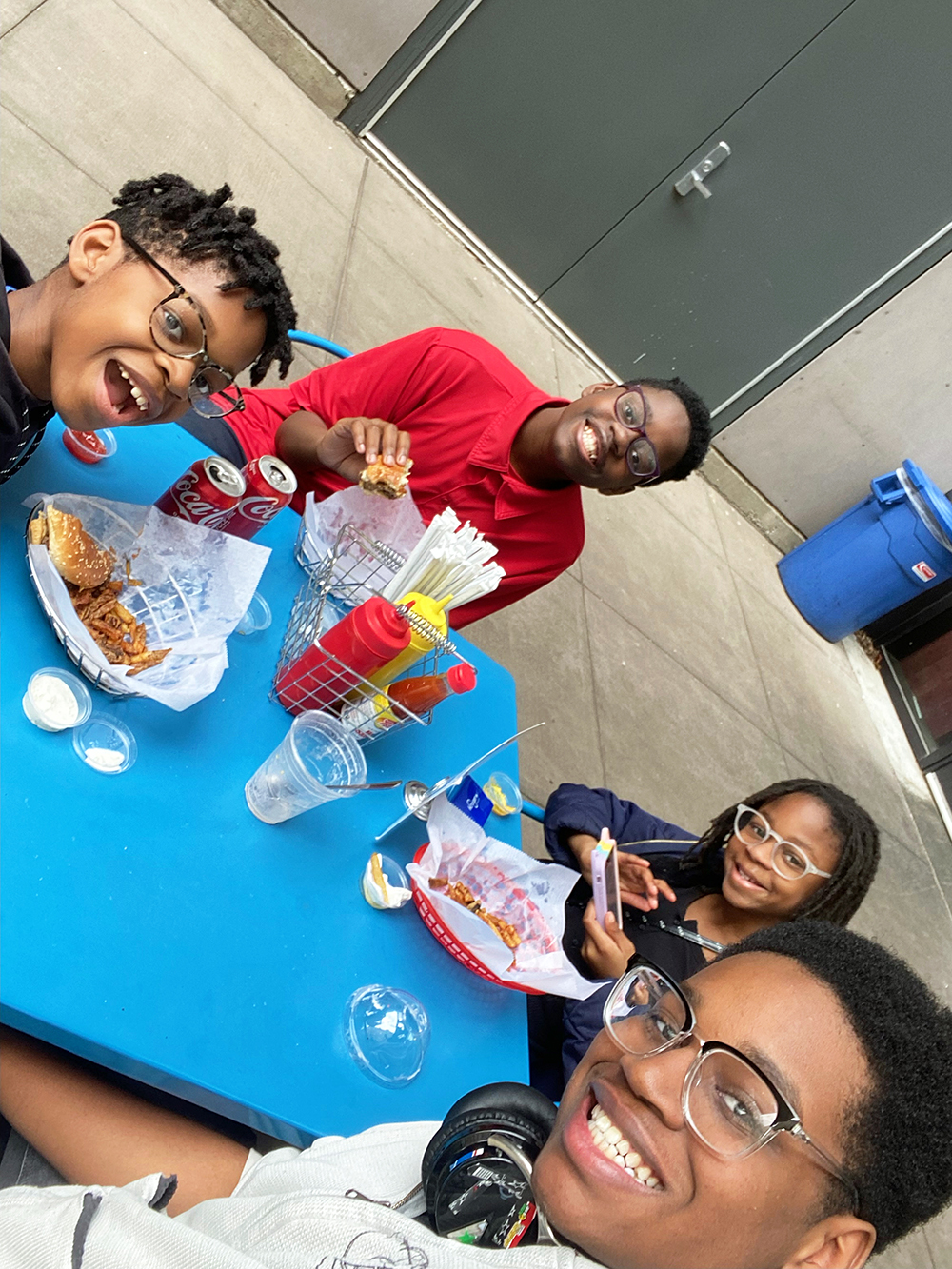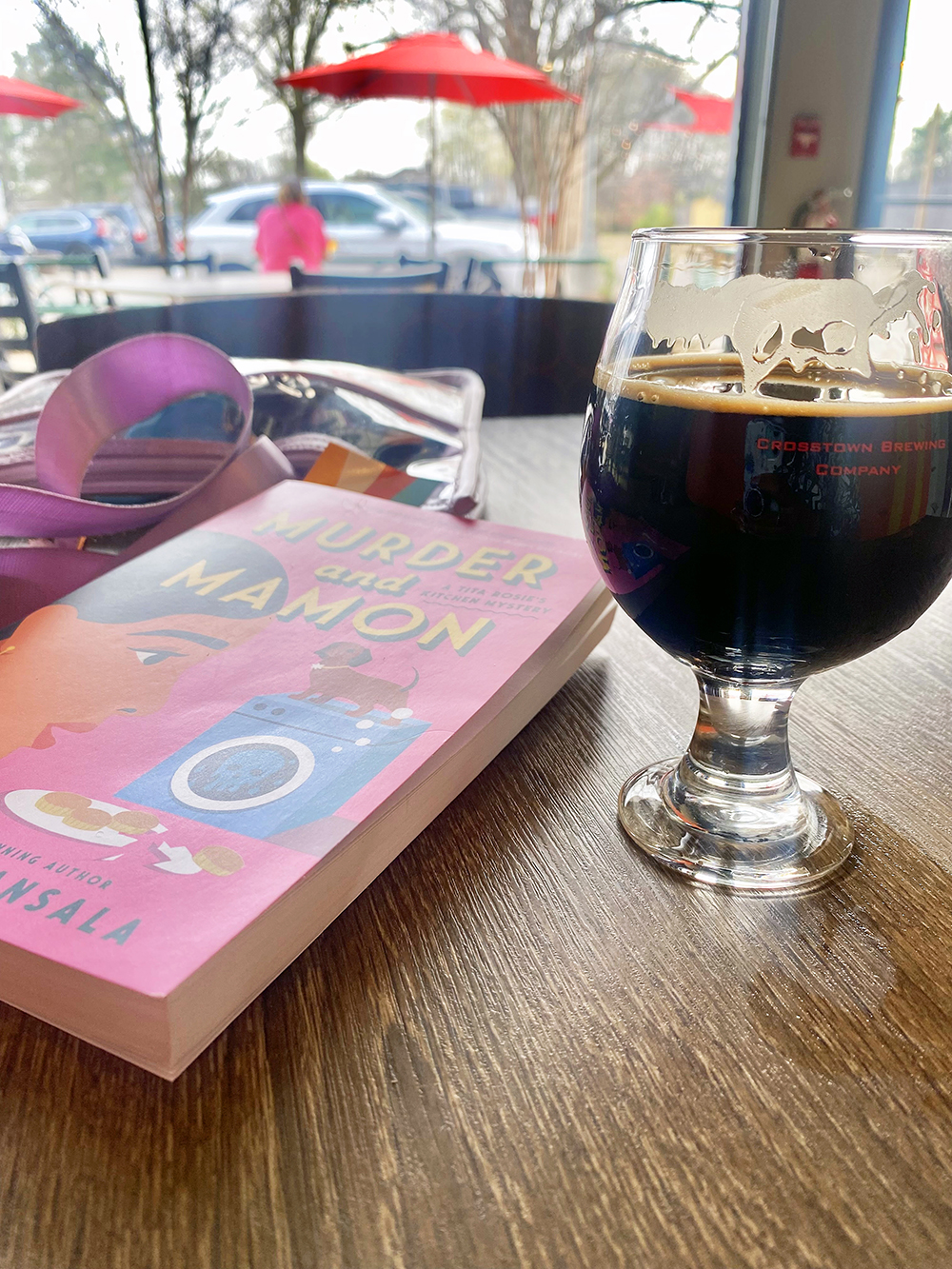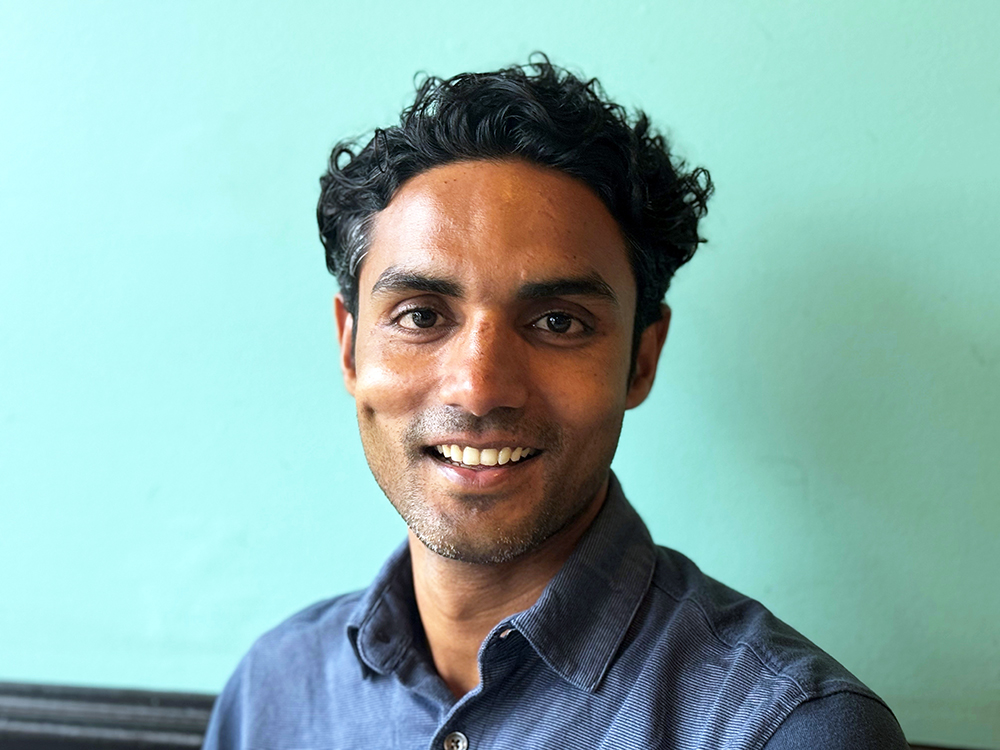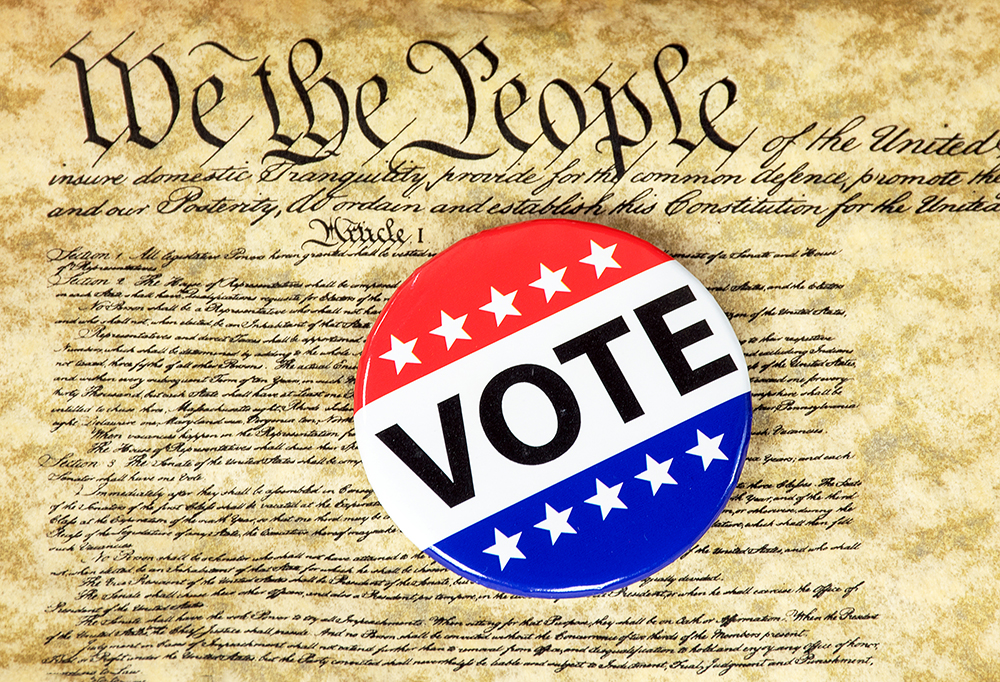Human politics — from global to local — remain mixed with hatred, dominance, and … well, dehumanization. We’ve organized ourselves across the planet around one primary principle: the existence of an enemy. The division between “us” and “them” can be based on anything: a difference in race, language, culture — or simply opinion, which is beginning to happen on campuses across the country, as peaceful, intensely determined protesters, demanding their institutions divest from the Israeli war machine, face violent resistance from police and/or counter-protesters.
Yes, the peaceful protesters are interrupting the status quo — setting up encampments, even occupying university buildings. For instance, at Columbia University, students renamed the occupied Hamilton Hall, declaring its new name to be Hind’s Hall, after Hind Rajab, a 6-year-old Palestinian girl killed by Israeli armed forces, along with the rest of her family (and several aid workers), as they were fleeing their home in Gaza. The point of the protests is, indeed, to change the world: to stop U.S., including university, support of the devastating “war” (i.e., carnage). They’re not trying to eliminate an enemy but, rather, illuminate the situation — putting themselves on the line to do so.
Some of the responses to the protests are definitely illuminating. A statement from UCLA’s Palestine Solidarity Encampment, for instance, noted: “The life-threatening assault we face tonight is nothing less than a horrifying, despicable act of terror. For over seven hours, Zionist aggressors hurled gas canisters, sprayed pepper spray, & threw fireworks and bricks into our encampment. They broke our barriers repeatedly, clearly in an attempt to kill us.”
Furthermore, the account went on: “Campus safety left within minutes, external security the university hired for ‘backup’ watched, filmed, and laughed on the side as the immediate danger inflicted upon us escalated. Law enforcement simply stood at the edge of the lawn and refused to budge as we screamed for their help. … The university would rather see us dead than divest.”
In other words, those damn students are the enemy. Even when the response to the protests isn’t outright violence, it’s often rhetorically violent, such as GOP Sen. Marsha Blackburn of Tennessee calling the protesters terrorists and declaring, “Any student who has promoted terrorism or engaged in terrorist acts on behalf of Hamas should be immediately added to the terrorist watch list and placed on the [Transportation Security Administration] No-Fly List.”
This is utterly linear, minimalist thinking. Critics aren’t engaging in a debate on the nature (and necessity) of war, plunging, with the protesters, into a complex discussion of global politics, military industrialism, and the morality of killing. That’s too much trouble! They’re simply calling the outraged protesters “the enemy” — just a bunch of terrorists, same as Hamas. And yeah, no doubt part of that good old axis of evil.
This is the thinking the protesters are trying to disrupt! Alas, it’s also solidly part of the infrastructure of the status quo. Militarism is baked into the American core. When we’re not waging our own wars, we’re enabling various allies to do so.
As Heidi Peltier, writing at Brown University’s Costs of War Project, points out, regarding this country’s annual budget of nearly $2 trillion: “Almost half of the U.S. federal discretionary budget is allocated to the Department of Defense and more than half of the discretionary budget goes to ‘defense’ overall, which includes not only the DoD but also nuclear weapons programs within the Department of Energy and additional defense spending in other departments. … As a result, other elements and capacities of the U.S. government and civilian economy have been weakened, and military industries have gained political power. Decades of high levels of military spending have changed U.S. government and society — strengthening its ability to fight wars, while weakening its capacities to perform other core functions. Investments in infrastructure, healthcare, education, and emergency preparedness, for instance, have all suffered as military spending and industry have crowded them out.”
The campus protests around the country, at which, so far, more than 2,000 students have been arrested, primarily address the twisted irony of money. Universities have multi-billion-dollar endowments — donation money — which they then invest in the stock market, in various companies, including … well, yeah, weapons manufacturers, like Lockheed Martin, Boeing, Raytheon, General Dynamics, Northrop Grumman, and many more. Oh, the mysterious, ironic flow of money!
At New York University, a spokesman informed protesting students that the university is not divesting from such companies because it needs to maximize its investment returns in order to “help the university fulfil its research and educational mission.” You know, to bring truth and knowledge into the world — for the sake, among others, of the protesters themselves.
American college students are facing this irony head on — at a personal cost. But the cost, as they say, is minimal, compared to the one being paid by Palestinians, and by victims of war all around the world.
Robert Koehler (koehlercw@gmail.com), syndicated by PeaceVoice, is a Chicago award-winning journalist and editor. He is the author of Courage Grows Strong at the Wound, and his newly released album of recorded poetry and art work, Soul Fragments.







